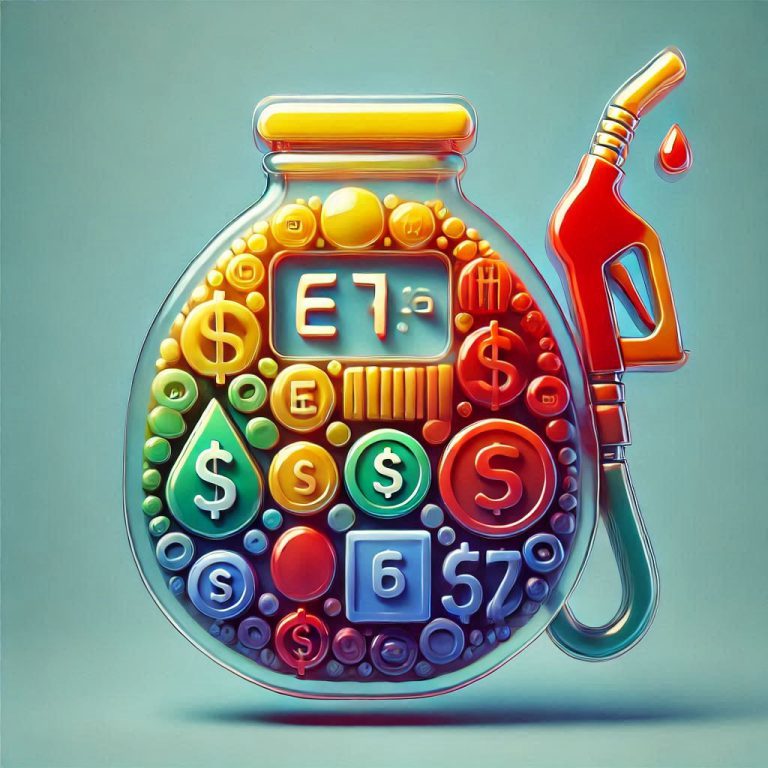What is Gas?
Gas Definition: A unit that quantifies the computational resources needed for transactions and operations on blockchain networks, directly influencing transaction fees.
The term “gas” refers to a unit that measures the computational effort required to execute specific operations on a blockchain network. Each action, from transferring tokens to executing complex smart contracts, demands computational resources. Gas acts as the “fuel” powering these operations, ensuring that users contribute proportionately to the network’s resource usage.
Gas was introduced to maintain network efficiency and prevent spam. By assigning a cost to every transaction or smart contract execution, it discourages unnecessary or inefficient operations. Without this mechanism, blockchain networks could easily be overwhelmed by frivolous activity, compromising performance and security.
While gas itself is not a cryptocurrency, it is tied to Ether (ETH), the native cryptocurrency of the Ethereum blockchain. When executing a transaction, users specify a gas limit (the maximum units of gas they’re willing to consume) and a gas price (the amount of ETH paid per unit of gas, typically measured in gwei, a subunit of ETH). The total transaction fee equals the gas limit multiplied by the gas price. For instance:
- Gas Limit: Defines the maximum computation a transaction can use.
- Gas Price: Reflects how much the user is willing to pay per unit of computation.
Complex operations, such as interacting with sophisticated smart contracts, require more gas. Similarly, higher gas prices can expedite transactions, as validators prioritize them for profitability.
However, setting too low a gas price or limit risks delays or transaction failures. Conversely, overestimating the gas limit could waste funds, as unused gas is not refunded. Validators process transactions with higher gas fees first, creating a competitive dynamic that influences transaction costs.
Beyond Ethereum, other blockchains, like Binance Smart Chain and Polygon, use similar gas concepts adapted to their ecosystems. This universal logic underpins fairness and operational efficiency in blockchain systems.
In summary, gas is pivotal in maintaining the Ethereum network’s efficiency and security. By understanding its mechanics, users can optimize transaction costs and navigate blockchain platforms effectively.
Share this post












